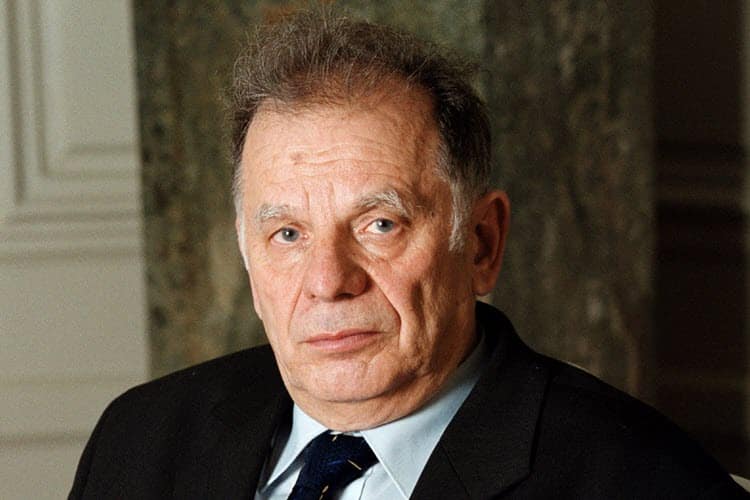Zhores Alferov: The Pioneer of Modern Semiconductor Technology and Nobel Laureate

Zhores Alferov (15 March 1930 – 1 March 2019) was a Russian physicist and academic. He was awarded the Nobel Prize in Physics in 2000, along with Herbert Kroemer and Jack Kilby.
Life and Career
He was born on 15 March 1930, in Vitebsk, Byelorussian SSR, Soviet Union. He received his education in physics and mathematics in the former Soviet Union. He earned his undergraduate degree in physics from Leningrad State University in 1952. He then went on to pursue his graduate studies at the Ioffe Physical-Technical Institute in Leningrad (now St. Petersburg), where he received his Ph.D. in physics and mathematics in 1953.
After completing his doctoral studies, Alferov joined the Ioffe Institute as a researcher. He became the head of the institute’s semiconductor physics laboratory in 1967 and led research on semiconductor heterostructures, which are layered structures made from different semiconductor materials with different electronic properties.
His work on semiconductor heterostructures helped to improve the efficiency and speed of electronic and optoelectronic devices such as lasers, solar cells, and high-speed transistors. His research also laid the foundation for the development of modern semiconductor technologies. His work also had important implications for renewable energy, as it contributed to the development of highly efficient solar cells.
In addition to his scientific achievements, Alferov was also an accomplished educator and mentor. He taught at the Ioffe Institute and was the head of the institute’s semiconductor physics laboratory for many years. He trained and mentored numerous students and young scientists who went on to become leaders in the field of semiconductor physics and technology. He died on 1 March 2019, in St Petersburg, Russia.
Award and Legacy
He was awarded the Nobel Prize in Physics in 2000, along with Herbert Kroemer and Jack Kilby, for his pioneering work in the field of semiconductor heterostructures and their use in high-speed electronics and optoelectronics.
He received numerous other honors and awards for his contributions to physics and technology, including the Lenin Prize and the State Prize of the Russian Federation. He was also a member of several scientific academies, including the Russian Academy of Sciences, the German Academy of Sciences, and the National Academy of Sciences in the United States.
Observer Voice is the one stop site for National, International news, Sports, Editor’s Choice, Art/culture contents, Quotes and much more. We also cover historical contents. Historical contents includes World History, Indian History, and what happened today. The website also covers Entertainment across the India and World.

